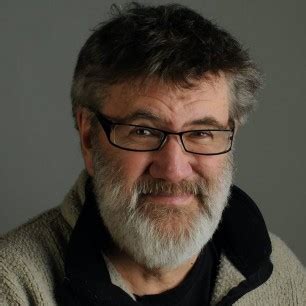A Quote by Carol Drinkwater
I like the freedom of novels. With the memoirs, I always had to keep to the facts. I like that with novels, if I want to go off and write something quite dramatic or outrageous or something completely different, I can do it if I want to.
Related Quotes
Why do I like to write short stories? Well, I certainly didn't intend to. I was going to write a novel. And still! I still come up with ideas for novels. And I even start novels. But something happens to them. They break up. I look at what I really want to do with the material, and it never turns out to be a novel.
It’s the ability to bring events and characters to a resolution that draws me to writing, especially writing for children. I don’t want to ever be didactic, but if there’s something I do want to say, it’s that you can bring things around. You can make a change. Adult novels are about letting go. Children’s novels are about getting a grip.
Sometimes it's not like I write very specific, it's more like I add an atmosphere almost to something that might have been quite awkward in my mind from the beginning. Something has happened and I want to force myself to think of it in a more positive way. And then I force myself to write something that convinces me that this is actually something pretty good or something that I learned something valuable from.



































